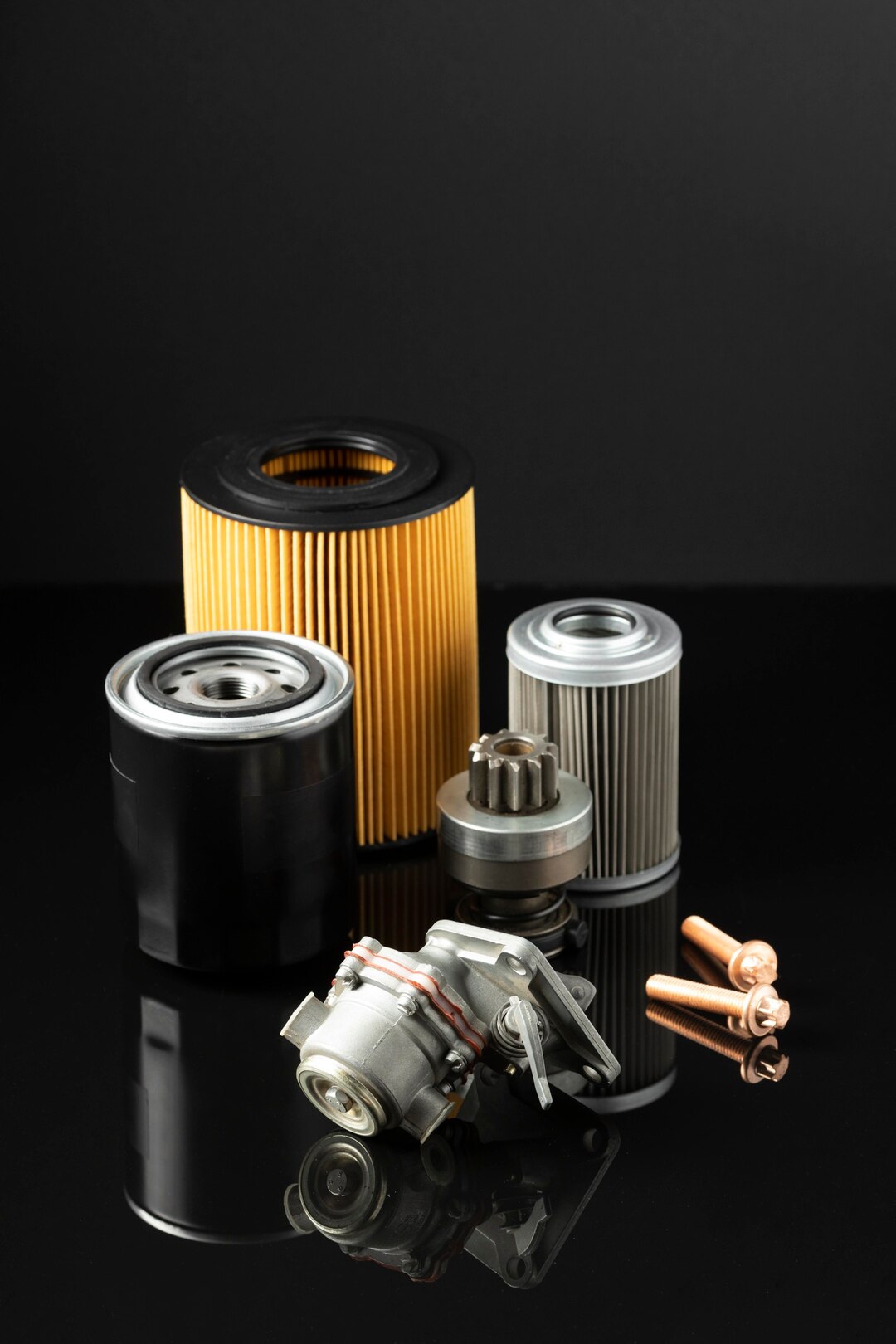The oil filter is a critical component of your vehicle’s engine system, responsible for removing contaminants and debris from the engine oil to keep it clean and lubricated. Regular maintenance of the oil filter is essential for ensuring optimal engine performance and longevity. Here are ten signs that indicate your car oil filter may need replacement:
- Dirty or Dark Oil:
If you notice that your engine oil is dirty or has become significantly darker than usual, it may indicate that the oil filter is no longer effectively filtering out contaminants. This can lead to increased wear and tear on engine components and reduced engine performance. - Engine Knocking or Ticking Noises:
A clogged or failing oil filter can result in inadequate lubrication of engine components, leading to increased friction and noise. If you hear knocking or ticking noises coming from the engine, it may be a sign that the oil filter is in need of replacement. - Low Oil Pressure Warning Light:
A sudden drop in oil pressure can be a sign of a clogged oil filter preventing proper oil flow through the engine. If your vehicle’s low oil pressure warning light comes on, it’s essential to check the oil level and inspect the oil filter for signs of clogging or damage. - Engine Performance Issues:
A clogged oil filter can restrict oil flow to critical engine components, leading to reduced engine performance and efficiency. If you notice a decrease in acceleration, power, or fuel efficiency, it may be due to a failing oil filter. - Excessive Exhaust Smoke:
If you observe excessive exhaust smoke, particularly blue or gray smoke, it may indicate that the engine oil is contaminated with dirt or debris due to a clogged oil filter. This can lead to poor combustion and increased emissions from the vehicle. - Oil Leaks Under the Vehicle:
A damaged or worn oil filter can result in oil leaks from the engine, leading to puddles or drips of oil underneath the vehicle. Inspect the area under the engine for signs of oil leakage and check the oil filter for damage or loose connections. - Unusual Engine Odors:
If you detect unusual odors, such as burnt or metallic smells, emanating from the engine compartment, it may indicate that the engine oil is overheating or becoming contaminated due to a clogged oil filter. Addressing this issue promptly can help prevent further damage to the engine. - Difficulty Starting the Engine:
A clogged oil filter can impede the flow of oil to critical engine components, making it difficult for the engine to start, especially in cold weather conditions. If you experience difficulty starting the engine or prolonged cranking, it may be a sign of a failing oil filter. - Visible Debris in Oil:
Inspecting the engine oil for visible debris, such as metal particles or sludge, can indicate that the oil filter is no longer effectively removing contaminants. If you notice any abnormal substances in the oil, it’s essential to replace the oil filter and perform an oil change to prevent engine damage. - Mileage or Maintenance Interval Reached:
Lastly, if you’ve reached the manufacturer’s recommended mileage or maintenance interval for oil filter replacement, it’s advisable to schedule a replacement service. Regularly replacing the oil filter as part of routine maintenance helps ensure optimal engine performance and longevity.
Recognizing these ten signs can help you identify when your car oil filter needs replacement and take proactive measures to maintain your vehicle’s engine health. Regularly inspecting and replacing the oil filter as part of routine maintenance can help prevent costly repairs and ensure smooth operation of your vehicle for years to come.











